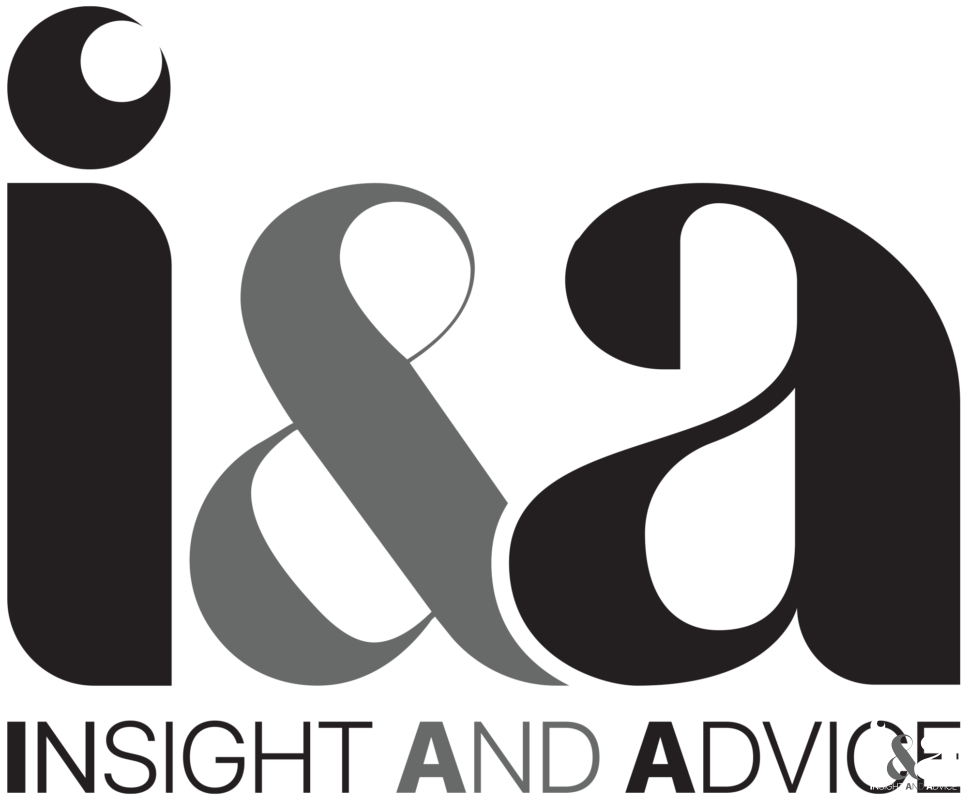Checks and balances on how academy schools in England spend large amounts of public money are “too weak”, research commissioned by MPs has found.
A report carried out for the Education Select Committee said “questionable practices” were being signed off.
However, the report stressed that cases of deliberate fraud were rare.
Education Secretary Nicky Morgan will be questioned about “loopholes” in academy regulation when she appears before the committee next month.

Greed and nepotism
The research – carried out by the University of London’s Institute of Education – found that while regulation had improved since 2010, problems were still occurring, including potential conflicts of interest.
One interviewee described an academy head teacher who had spent £50,000 on a one-day training course run by a friend.
Another cited the chairman of a multi-academy trust, who was also a lawyer specialising in education, who used his company to provide all legal services for the trust.
Another said the chairman of governors in one academy told staff they would be dismissed if they discussed with students or used textbooks referencing abortion or contraception.
The chairman of the committee, Graham Stuart, told BBC Radio 4’s Today programme that most academies were “working hard in challenging conditions to raise standards.”
And he said the “greed, nepotism, and self-serving behaviour of a few” should not bring “the academies movement in general into disrepute”.
“Issues around at-cost provision of services, and some other technicalities, are still pretty weak in regulatory terms,” Mr Stuart added.
“I think we will want to question the secretary of state pretty strongly on that.”
The report said the “vast majority of academy trusts” were staffed by “honourable people”.
It added: “Cases of deliberate fraud are rare and many of the instances where real or perceived conflicts have arisen are the result of people being asked to work too fast with too few controls.
“Nevertheless, the general sense from the literature and the evidence collected for this study is that the checks and balances on academy trusts in relation to conflicts of interest are still too weak.
More: Support for better financial forecasting and management
“In the course of the research we came across a significant number of real or potential conflicts of interest that we found concerning.”
The study backed the findings of a Commons Public Accounts Committee report in April 2013, which suggested introducing a “fit and proper persons test” at individual academy and academy trust level.
A Department for Education spokeswoman said: “As the report recognises, the vast majority of academy trusts are focused on raising standards of education – often in our most challenging areas.
“All academies are subject to a strict oversight and regulatory regime which has been further tightened since 2010.
“We are clear that no individual or organisation with a governing relationship to an academy can make a profit from providing it with services.
“We have also made clear to all academies the consequences of breaching those rules and will not hesitate to take action where we think that has happened.”
Nick Weller, chairman of the Independent Academies Association, said: “We believe that the best forms of academy sponsorship are either the original philanthropic one, or one where outstanding schools have built a family of schools around them.
“Some of the later models of sponsorship, for example by suppliers of educational services, are often weaker in impact, are often a throw-back to the failed local authority model, and almost invite conflicts of interest. In our opinion, such models should be avoided.”
Lucy Heller, chief executive of the ARK academy chain, said: “One of the benefits of being part of a strong academy network is the importance placed on monitoring – not just to drive up standards but to ensure financial good practice.
“We welcome robust oversight of all schools, but it is also important to recognise that sponsored academies have been improving results faster than other schools in some of the least well-off communities in our country.”
